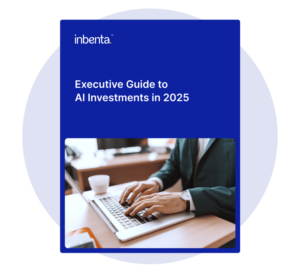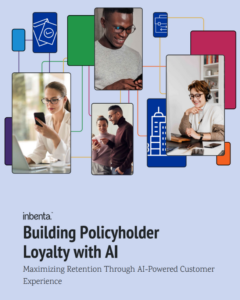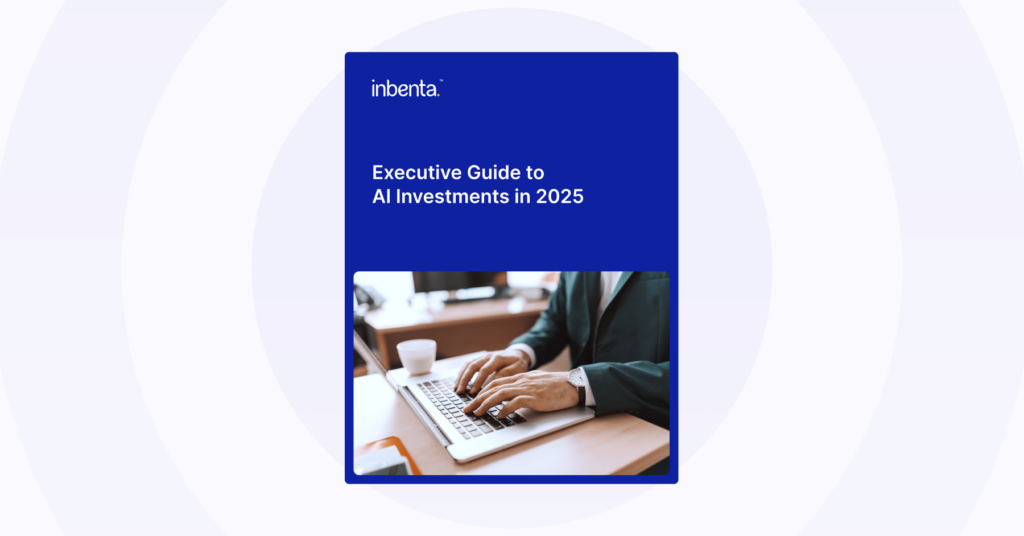The following is an excerpt from our white paper, “Executive Guide to AI Investments in 2025”:
AI adoption across enterprises is steadily increasing, with a projected doubling of GenAI adoption by the end of 2025. According to the 2025 Gartner CIO and Technology Executive Survey, 37% of enterprises have already deployed GenAI solutions, and another 35% plan to implement them within the next year.
However, despite the growing interest in AI, enterprises face significant challenges in scaling AI adoption beyond pilot projects and achieving tangible business value. The survey reveals that the conversion rate of GenAI pilots into production-level deployments is less than 50%. This gap highlights the difficulties organizations encounter in transitioning from experimentation to full-scale implementation.
Common challenges in scaling AI adoption include:
1. Lack of measurable business objectives
Many organizations struggle to define specific, measurable business goals for their AI initiatives, making it difficult to assess success and demonstrate return on investment (ROI).
2. Data and knowledge management- related challenges
Accessing, integrating, and preparing high-quality data for AI models remains a significant obstacle. Enterprises with robust data and knowledge management capabilities tend to achieve higher AI success rates.
3. Shortage of AI expertise
The scarcity of skilled AI professionals hinders the development, deployment, and management of AI solutions, slowing down adoption and scaling efforts.
4. Choosing the wrong AI partner
Choosing the wrong AI partner can significantly inhibit scale and realized impact. An unsuitable partner may lack the necessary expertise to convert AI pilots into production, resulting in stalled initiatives and unrealized potential.
5. Organizational resistance to change
Integrating AI into existing workflows and processes often faces resistance from employees who fear job displacement or disruption, hindering widespread adoption.
To overcome these challenges and unlock the full potential of AI, organizations must adopt a strategic approach with a well-defined roadmap and clear business objectives. This includes establishing AI Centers of Excellence (CoE), developing comprehensive AI strategies, investing in data infrastructure and governance, fostering AI literacy across the organization, and focusing on continuous improvement by regularly updating and refining the AI models.
Read the full white paper, “Executive Guide to AI Investments in 2025.”
Transform your customer experience with AI.
Inbenta’s Conversational AI platform is deployed by companies across industries around the globe to intelligently automate customer service, marketing and sales, and internal operations.











